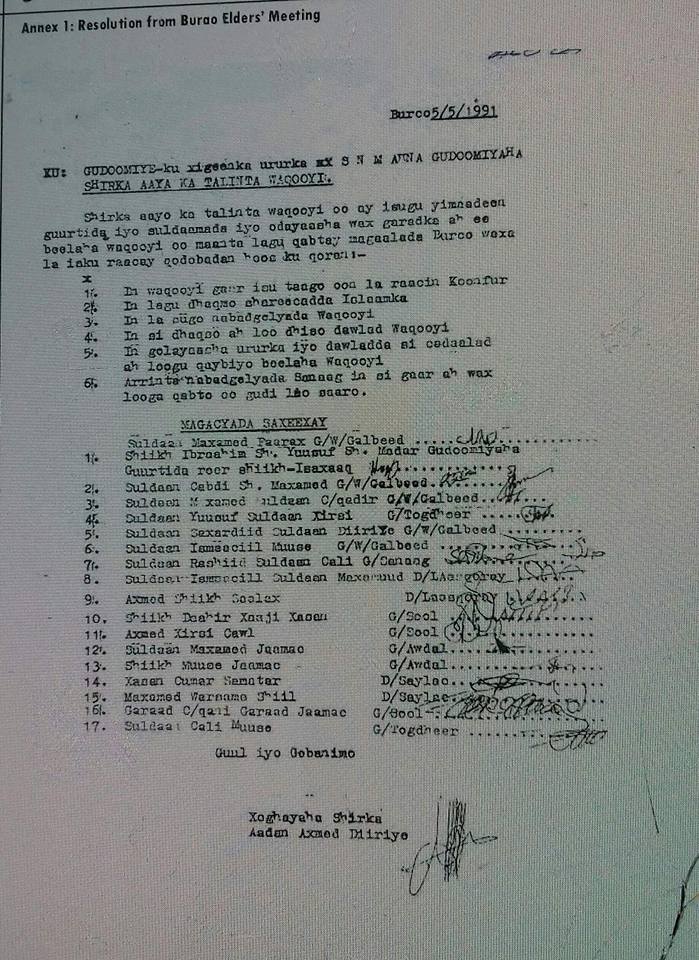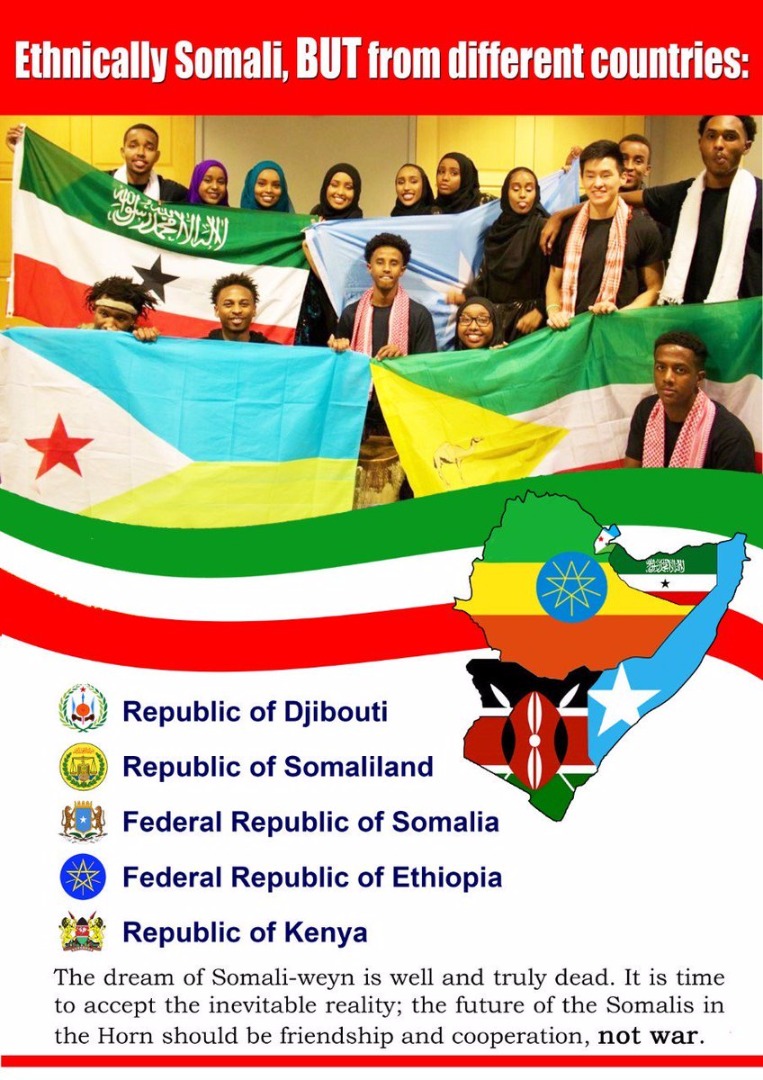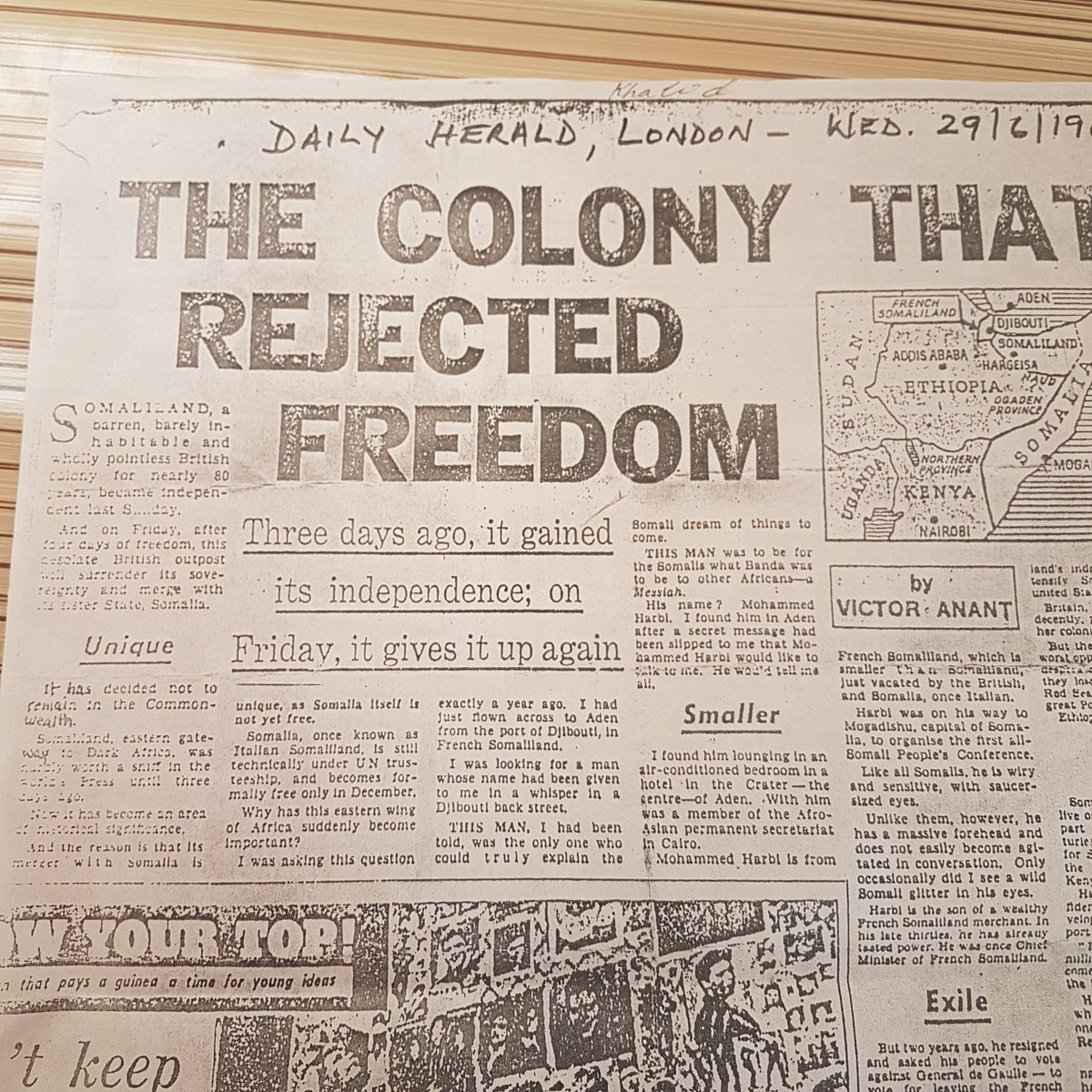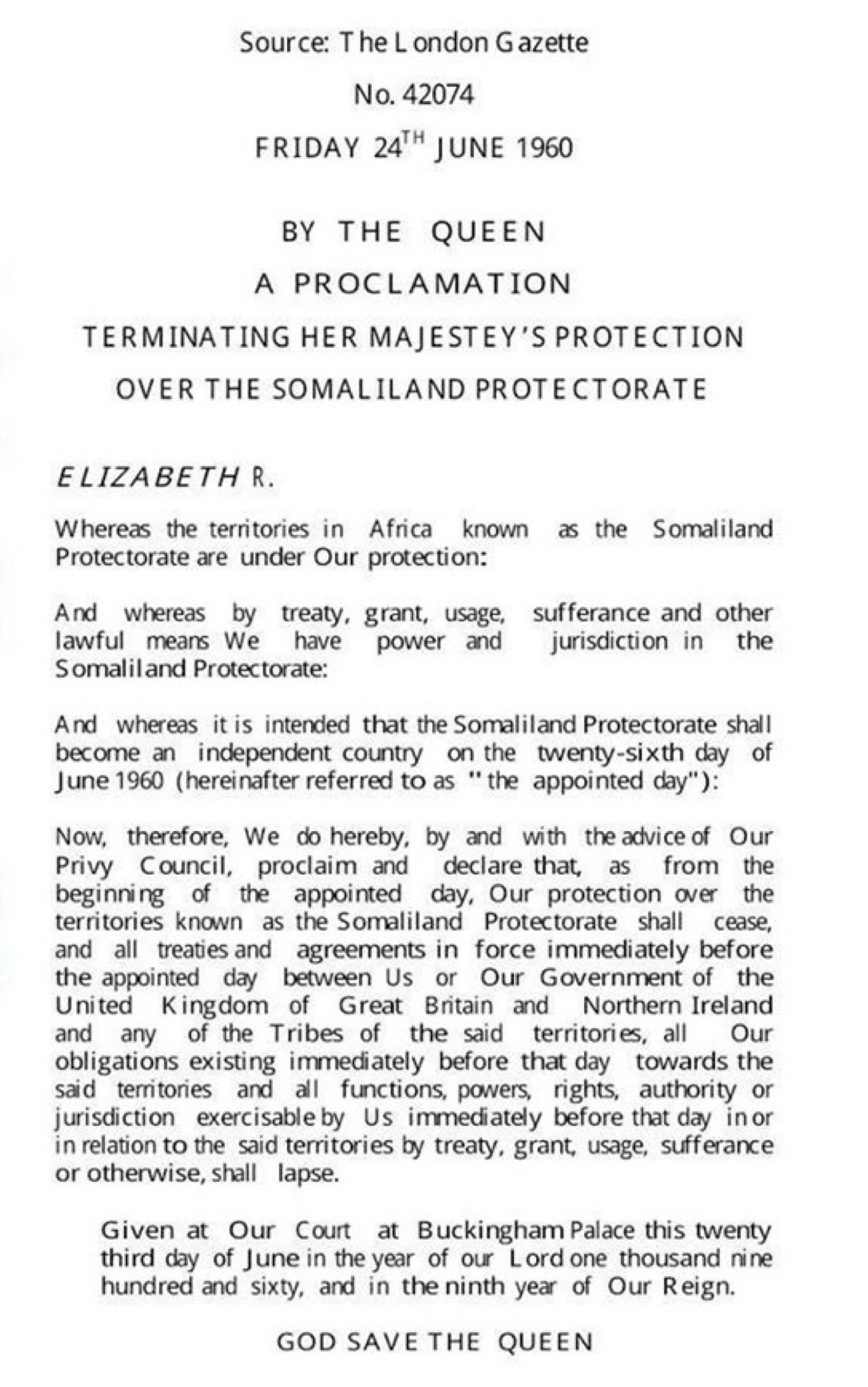The Republic of Somaliland asked the newly ‘selected’, recently inaugurated President of the Puntland Federal State of Somalia, Saeed Abdullahi Deni, not to waste precious time on arms race and violent armed confrontations with Somaliland.
H.E. Suleiman Yussuf Ali ‘Koore’, the Somaliland Minister for Development of Water Resources,in a televised interview with SAAB TV, Tuesday, stated that Somaliland would rather live peacefully and exchange life-saving cooperation with the neighboring regional state of Somalia.
“Somaliland wishes to see people from either side of the border exchanging trade, education, development matters and freely moving among themselves without fear or friction,” he said.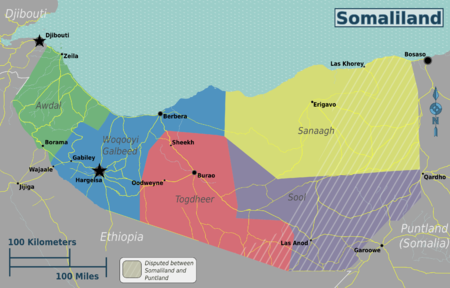
Minister Koore said nothing short of how Somaliland relates with Djibouti and the Somali State of Ethiopia was expected of Puntland.
“An attitude that can work well with our people is to let them live in peace with one another, trading together as brothers, moving freely among themselves and being comfortable in the company of one another as Somalis even though they belong to different countries and come under governments politically and geographically independent of one another,” the Minister said.
Minister Koore asked the President-elect of Puntland to focus on healthy competition in the development of the land and people he headed who do not expect less of him.
“If at all you have to look up to Somaliland, competition on development should be the yardstick. Do not think in terms of conflict and hostility. Somaliland has long put that frame of mind behind it,” he said.
Minister Koore reminded Mr. Deni that Puntland has left a dismal development record behind in areas that it had administered for nearly two decades such as Tukaraq, near the present Somaliland army base in the Sool region.
“Somaliland reached that area with only one-, two-room structure which you used as a customs depot to collect taxes and tariffs. Nothing of use to the residents in the area. Since then, infrastructure in education, health, roads and a number of other social welfare amenities have been developed. That is the track record in the areas you ‘vow to liberate’ – again,” Minister Koore told the Puntland President.
The Minister was responding to statements Mr. Deni made at his inauguration and at several occasions preceding it during which he promised that he will bring Sool and Sanaag regions under the Puntland/Somalia rule.
Neither Sool, nor Sanaag or Buuhoodle had even belonged to Somalia until 1998 when, at the formation of the Somalia regional administration of Puntland, elders and clan leaders in those areas were called to Garowe to declare that their ethnic and political allegiance lay with the newly formed government.
The former British Protectorate of Somaliland and the UN Trusteeship of Italian-administered Somalia came together in 1960 in a union that anticipated the eventual joining of the former French colony of Djibouti, the Northern Frontier District (NFD) of Kenya and Haud/Reserve Area and Ogadenia under the Ethiopian Empire in view to a formation of what was to be called Greater Somalia. They later three areas failed to unite with the other two, and, subsequently, the Somali Republic they formed was overthrown in a military coup de tat in 1969. This too ended in disaster in 1991 following a devastating, protracted emancipation war Somalilanders waged against it to end the persecutions, looting and genocide the regime so singularly focused on the former British protectorate.
Most strikingly, all major cities, especially the capital, Hargeisa, was razed to the ground by the dictator’s MiG fighters and heavy artillery killing tens of thousands of people in the process and driving the rest into Ethiopia for refuge.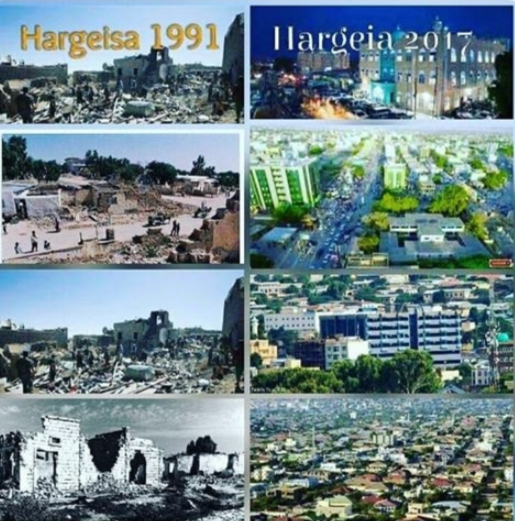
Now that Somalia is helped along by the international community, it changed focus to the destabilization and armed engagements with the de facto republic of Somaliland which has reclaimed its independence on end of an all-clan conference on 18 May 1991 in Burao.
Leaders from Sool, Sanaag and Buuhoodle were signatories to the proclamation.
On January 8, 2019, 34 MPs out of a full house 66 voted Mr. Deni president. In contrast, 305,909 of the Somaliland electorate elected the incumbent president, Musa Behi, to office on one one-man, one-vote public polling – the third of its kind in the country.